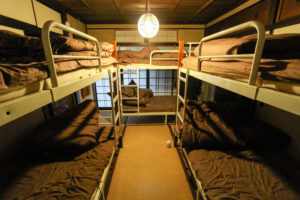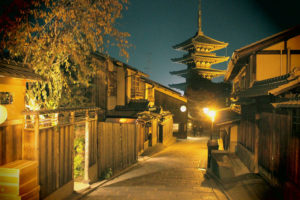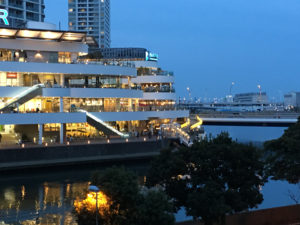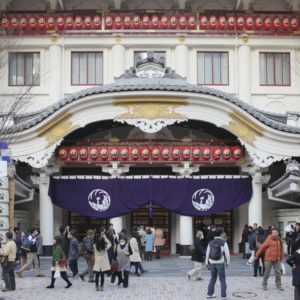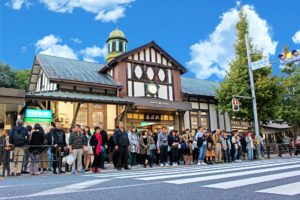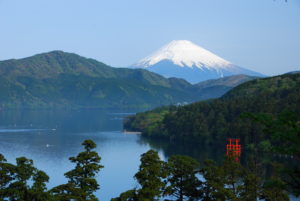
Just a quick breakthrough note :
Last week, we have managed to establish the strategic alliance with one of the prominent Japanese banks who can offer foreign nationals loan for the investment property in Japan.
There are three categories.
1. Foreign nationals who reside in Japan with the permanent residence
(Individuals who live in Japan without PR could be also eligible)
2. Foreign individuals who reside in Hong Hong (Hong Konger)
3. Foreign nationals who do not live in Japan
Category 2 and 3 are the breakthrough products.
No Japanese banks have been willing to offer the loan for foreign nationals who do not live in Japan but the window has just opened.
Obviously there are certain conditions such as down payment and taking out the mortgage.
And the approval is subject to the valuation of the property by the bank and financial status of each investor.
In addition, you need to carefully select a property which the bank is likely to offer the loan by meeting their criteria.
My bank is very picky about the location.
The property must be in the metropolitan cities where reasonable rental demand can be expected.
These cities are specifically Tokyo 23 wards, Yokohama, Kawasaki, Chiba, Nagoya, Osaka, Kyoto, Kobe and Fukuoka.
The property must be within 10 min walk distance from the nearest train station.
Airbnbs and hotels are excluded (meaning it must be a property to rent or your own house)
Interest rate is attractive enough to create the good cap rate.
Japan’s interest rate is historically low due to the quantitive easing by the central bank.
Anyone who is in interested in such loan, please send us a direct message via
contact us.
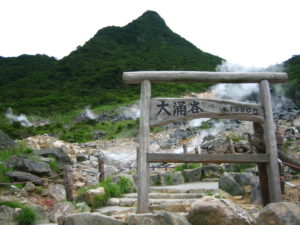
Toshihiko Yamamoto
Real estate investing consultant and author.
Founder of Yamamoto Property Advisory in Tokyo.
International property Investment consultant and licensed
real estate broker (Japan).
He serves the foreign companies and individuals to buy and sell
the real estates in Japan as well as own homes.
He holds a Bachelor’s degree in Economics from
Osaka Prefecture University in Japan
and an MBA from Bond University in Australia
Toshihiko’s book, “is now out on Amazon, iBooks (iTunes, Apple) and Google Play.
About the book
Amazon.com Link
Our YouTube channel


